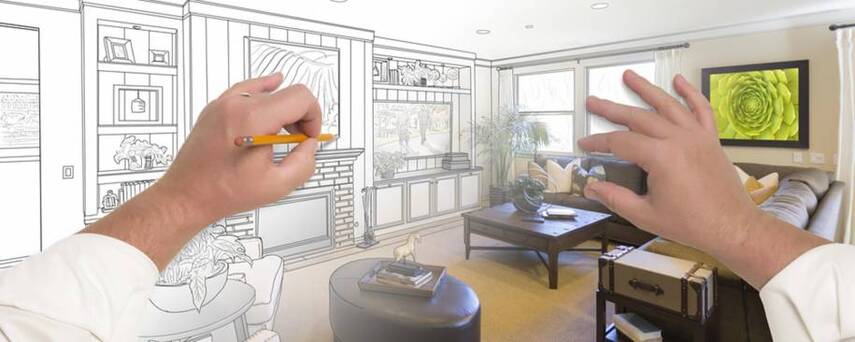Among the stamp duty payment and registration charges, one particular cost often gets ignored. Franking costs is one of the most forgotten parts of the discussion.
What are franking charges?
Franking charges are the charges that you pay for the stamp on the property documents. When you use franking, the authorised banks affix a document with the denomination which acts as proof that the stamp duty for the transaction has been paid. Banks and the financial institutes that are authorised use the franking machine to affix the document.Things to remember:
- The authorities that will be franking your property papers will do it for a particular charge. The authorities can charge you up to 0.1 percent as franking charges for the total cost of the property. Some even offer you to do it for free. If you are buying a property of Rs 30 lacs, then you will have to pay the franking charges of Rs 3000.
- If you have paid for the franking charges, then you will not have to pay for the same while paying for the stamp duty charges. For example, the stamp duty charges are 5.2 percent in your state, and then you will have to pay only 5.1 percent after you have already paid the franking charges.
- There is not set defined rule for the franking charges, and every bank follows their own rules when it comes to it. Also, the rules can differ from state to state to state.
- It is not mandatory to get the franking done; you can choose e-stamping of your papers. Or one can choose to buy the stamp papers and can also buy the already stamped papers.
- Not all the banks are authorised for franking the papers. Even if some of them have permission, they only have a limited quota and offer franking just for a few hours on a working day. If you are planning to get franking done from the bank, you will have to check it with them and book yourself a slot for the same.







